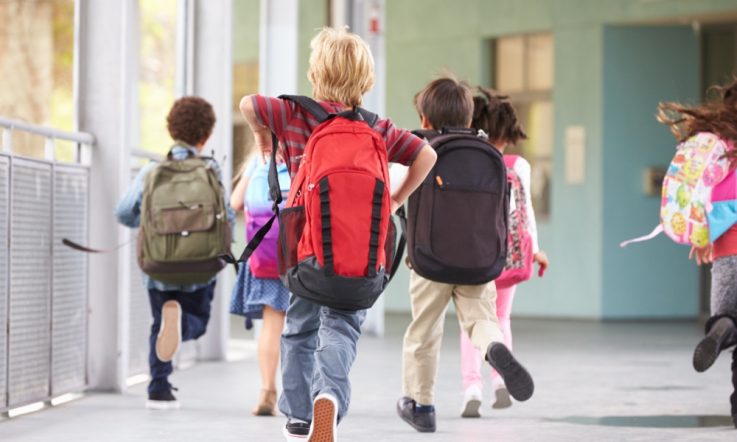It has been well established that student absenteeism has a negative impact on student learning outcomes (Russell, 2024), and that student tardiness can additionally impact other students in the classroom (Vukovic, 2017). These can be clear motivators for setting and achieving high student attendance rates in your own school setting.
However, as a school leader have you thought about the impact of student absenteeism on other members of the school community, such as teaching staff? New research published in the Educational Researcher journal (Gottfried et al., 2024) has revealed that student absenteeism can lead to lower job satisfaction for teachers.
‘Addressing absenteeism can be a win-win for both students and teachers,’ the paper’s lead author Michael Gottfried, Professor at the University of Pennsylvania, tells Teacher. ‘Most interventions focus solely on boosting student outcomes – and that’s important – but we also need to recognise how attendance supports teacher wellbeing and retention.
‘Teachers thrive when they can build momentum with their students, see growth over time, and feel their work is making a difference. Absenteeism disrupts that. So, as we think about attendance solutions, we should consider the full ecosystem of the classroom. Supporting regular attendance isn’t just about test scores – it’s about sustaining the people who make learning possible.’
The link between student absenteeism and teacher job satisfaction
The research team report this is the first study examining the connection between student absenteeism and teacher satisfaction. It used longitudinal data from 2010 and 2011 of a nationally representative sample of almost 2,400 kindergarten teachers in the United States. Specifically, kindergarten teacher survey responses from 2 points in the school year were analysed.
Analysis of this data found that about 5% of students were absent on a given day. Further, it was found that ‘as a teacher has a higher classroom average of absent students in the classroom, their level of job satisfaction declines across the year.’
Other findings included that both novice and experienced teachers who grapple with regular student absenteeism demonstrate lower job satisfaction across the school year; and that although student absenteeism results in lower satisfaction among kindergarten teachers, it does not result in differences in their day-to-day practices, biases, assessment of school culture and supports, or perceptions of school challenges.
‘One surprising finding was how strongly student absenteeism correlated with overall job satisfaction for teachers, even when it didn’t significantly affect teachers' perceptions of their immediate teaching conditions,’ Professor Gottfried tells Teacher.
‘I expected absenteeism to matter more in terms of instructional disruptions or classroom management. But what stood out was that it seemed to affect how teachers felt about their job more broadly – including their enthusiasm for the profession itself. That suggests absenteeism isn’t just a student learning issue – it may also chip away at teacher morale in a deeper, more systemic way than we’ve previously acknowledged.’
What’s next for the research?
Professor Gottfried tells Teacher more research is needed to ascertain the nature and impact of absenteeism in different grade levels, subject areas and school contexts. ‘But this study adds to growing evidence that absenteeism isn’t just a student issue – it has real consequences for teacher experience too, and we should be paying closer attention to that across the board,’ he shares.
‘While our study focused on kindergarten teachers, I believe the findings are likely relevant across K-12. Student absenteeism can disrupt classroom flow, slow down instruction, and require repeated explanations – all of which can wear on a teacher’s sense of progress and satisfaction.’
References
Gottfried, M. A., Ansari, A., & Woods, S. C. (2024). Do Teachers With Absent Students Feel Less Job Satisfaction? Educational Researcher, 54(1), 34-45. https://doi.org/10.3102/0013189X241292331
Russell, D. (2024, April 22). Research news: Why are young people leaving school early? Teacher magazine. https://www.teachermagazine.com/au_en/articles/research-news-why-are-young-people-leaving-school-early
Vukovic, R. (2017, February 1). The effect of student tardiness on learning. Teacher magazine. https://www.teachermagazine.com/au_en/articles/the-effect-of-student-tardiness-on-learning
Michael Gottfried says, ‘… as we think about attendance solutions, we should consider the full ecosystem of the classroom.’
As a school leader, would you say your attendance policy and interventions have considered the full ecosystem of the classroom? Have you specifically considered the impact of student absenteeism on teachers, including job satisfaction?



